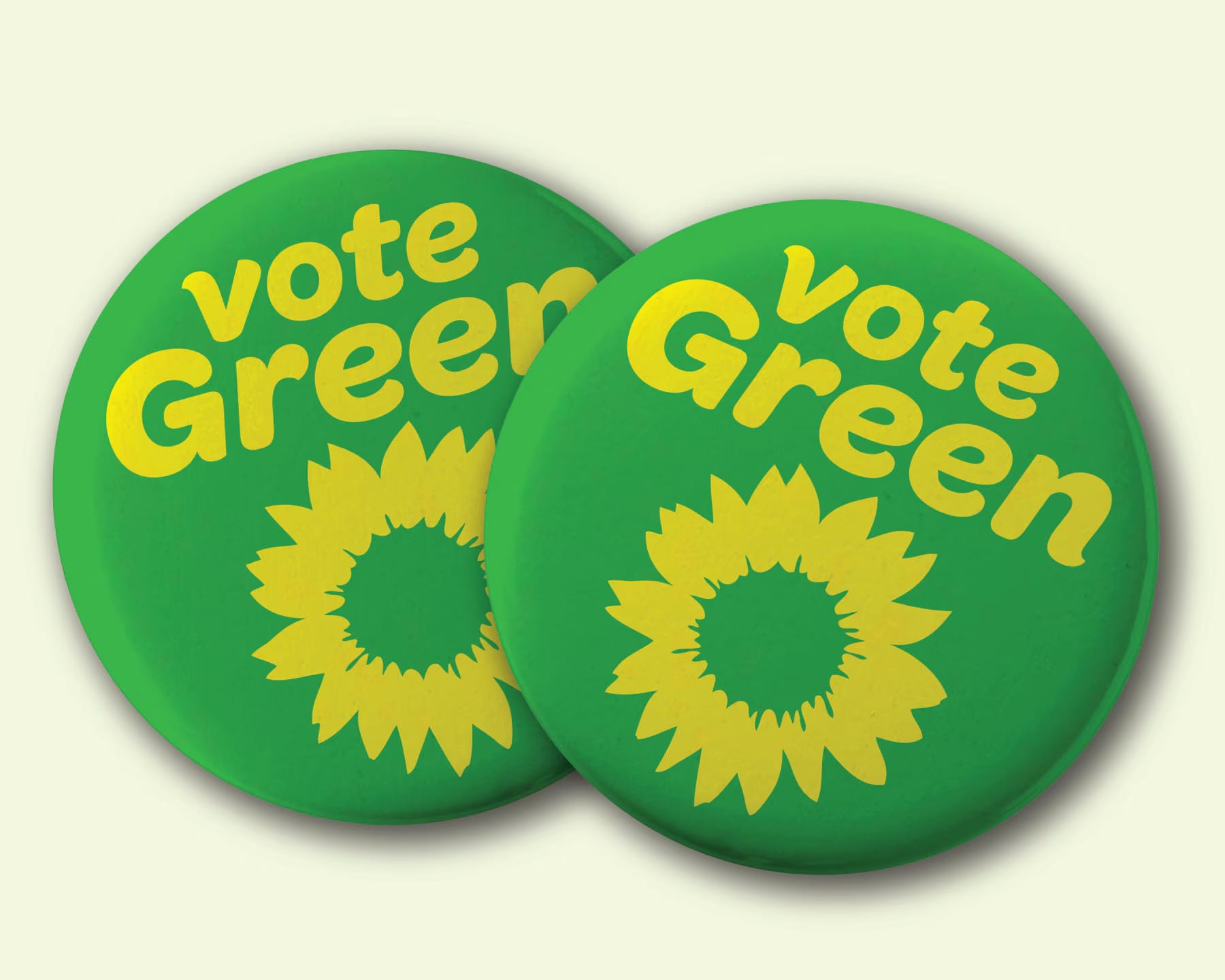CURB YOUR ENTHUSIASM

We all know you shouldn't speak ill of the dead, but can one still be honest if unwilling to take part in the collective hagiography surrounding the deceased? If in doubt, I believe one should always apply the Larry David approach to reality even if it does get you into a little trouble.
Recently, a significant figure in the town died. Though he had long been part of the background of my life—as a fervent activist and general steward of the community's political student kitchen—I never once struck up a conversation with him. This seems especially strange when I consider how many people I engage with, and the fact that our paths regularly crossed, often passing each other on the steep hill into town like two balance scales—one going up, one going down.
Perhaps my resistance to green communists (thanks to the corrupting influence of my libertarian father) had something to do with our non-dialogue, or perhaps there was simply nothing more to say than a curt nod of the head—a recognition that, in this lifetime, there would be few affinities shared between us. That’s okay. Much of the rest of the town loved him, and you don’t need to be friends with everyone. Sometimes, acknowledging the reality of a situation is more based and respectful than false politeness or forced friendship.
One time I will remember with affection was at a screening of Kieslowski's Trois Couleurs: Blanc at Gloucester Guildhall, where the three (or so) people in the county who had actually heard of Krzysztof Kieslowski gathered to watch the middle part of the Polish director's Colours trilogy. After the film ended, the subject in question—seated a few rows back—offered an exaggerated harumph, clearly finding words unnecessary in expressing his bemusement at what we had just watched. Though I didn’t agree with his verdict on the film, that exaggerated harumph has now become a signature response for me at baffling cultural events.
More poignantly, last December I saw him in a local café, his identity stolen by the ravages of dementia. I held the door open for him, and he expressed the sincerest, childlike gratitude. Then, holding his hand and looking into his eyes (resisting a Larry David–type stare to see if he was bluffing), I realised that any social awkwardness or judgment had dissolved. He was no longer the cantankerous, ideological person I once believed him to be—just a ghost inhabiting a frail body, without any real sense of the past or the future.
It was a salutary moment for me, though I won’t pretend that if we meet again in another life, walking up and down a similarly steep hill, we won’t fall back into our usual routine of a terse nod, and who knows, perhaps even a harumph.
Rest in peace, Mayor.